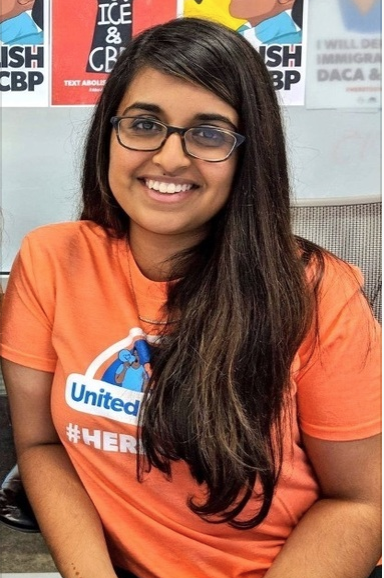Congress Needs to Prioritize Immigrants in the Next COVID-19 Relief Bill
On top of the pandemic, immigrants must fight government attacks, barriers to stimulus money, and an unequal health system.
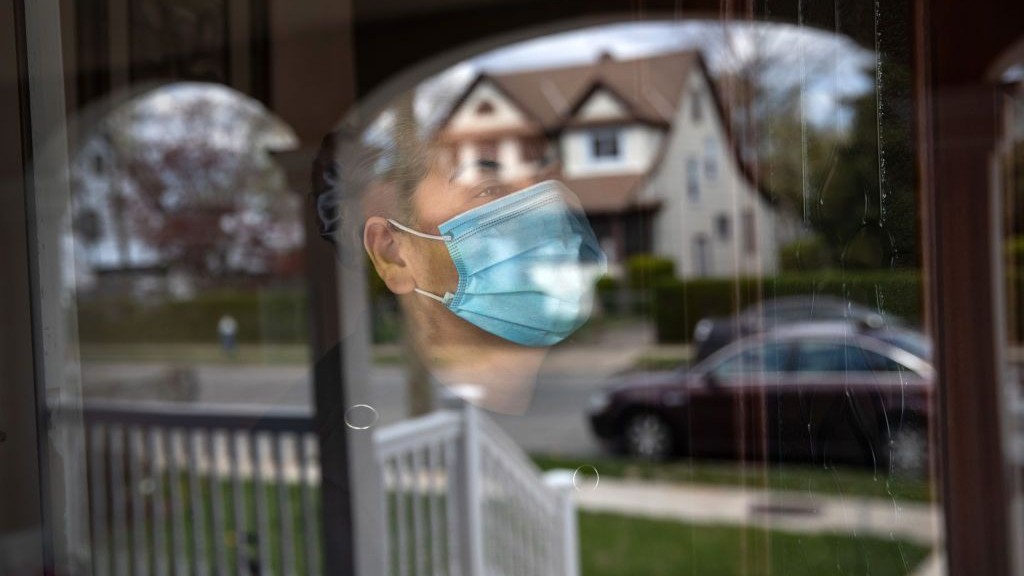
For the past three-and-a-half years, the Trump administration has attempted to make life impossible for immigrants living in the United States, while simultaneously making it harder for people to seek refuge here. It has implemented truly extreme anti-immigrant policies including the Muslim Ban, the detention of children in cages, an increase in funding for immigration enforcement and ICE raids, the termination of the Deferred Action for Childhood Arrivals (DACA) and Temporary Protected Status (TPS) programs, and an enforcement of the Public Charge Rule.
On June 18, 2020, the Supreme Court ruled against President Trump’s racist decision to end DACA. After massive backlash, the White House was also forced to halt its efforts to deport foreigners with student visas if their university was offering only online classes. Despite Trump's attacks on DACA since the Supreme Court ruling, immigrant youth are here to stay.
But the fight continues. Immigrants and people of color are not only under attack by this administration, but we’re also among the hardest hit by COVID-19. A report by The New York Times found that Latinx and Black people are three times as likely to become infected with COVID-19, and nearly twice as likely to die from the virus as white people. Women of color are also experiencing some of the highest unemployment rates—in April 2020, 20 percent of Latinx women and 16 percent for Black women were without a job, compared to 14.7 percent for the general population. COVID-19 is magnifying the long-standing health and economic disparities that put us at risk.
Through it all, immigrant women and our families continue to serve on the frontlines of this crisis, risking our lives to make ends meet and keep us all safe. Immigrants make up about 16.5 percent of all healthcare workers in the U.S., and 1 in 8 registered nurses is an immigrant woman. One in 5 food sector workers is also an immigrant, keeping us fed but dying without proper protective gear. Then there are the more than two million domestic workers, the majority of whom are women of color and immigrants, facing severe financial and health uncertainties with scant protections.
One domestic worker confronting this crisis is Magdalena, an undocumented mother of three. Magdalena has lived in the U.S. for more than 20 years; she currently resides in Northern California with her husband and three U.S. citizen children. She and her husband make a living doing yard work and cleaning homes. Since the start of this pandemic, like many undocumented families, their income was cut in half.
Latinx and Black people are three times as likely to become infected with COVID-19.
Magdalena’s family doesn’t know when or if they will have a regular income again, and they’ve been trying to limit the amount they spend to reduce their bills. Magdalena has expressed concerns that immigrants have been left out of coronavirus relief plans, like the CARES Act that President Trump signed into law late March.
“Families like mine aren’t receiving assistance from the federal government," she says. "Because I’m undocumented, my U.S. citizen children aren’t even eligible for aid. That’s wrong.”
Stay In The Know
Get exclusive access to fashion and beauty trends, hot-off-the-press celebrity news, and more.
Like Magdalena, Karen R. and her mother are facing financial disaster. Karen works as a special education kindergarten teacher for deaf and hard of hearing children in Austin, Texas. She is one of the almost 15,000 teachers and more than 200,000 essential workers who are DACA recipients.
Even as schools grapple with how to continue educating kids this fall, Karen has not stopped fighting for her students. She’s been advocating for her students to get access to laptops or tablets to continue their education. She cares deeply about her students and is committed to helping every child communicate with their families and have access to high-quality education.
Karen is now financially supporting her undocumented mother who can’t make ends meet because of the pandemic. Trump's latest memo attacking DACA puts Karen’s future in limbo yet again.

President Trump signs the CARES Act in the Oval Office on March 27, 2020. As of August 5, 2020, the provisions of the second COVID-19 relief bill have yet to be agreed upon by the House and the Senate.
On top of the pandemic, immigrants—undocumented and documented—face the burden of government attacks, barriers to receiving stimulus money, and an unequal health system. There is no relief in site. More than 10 weeks ago, the House passed the HEROES Act, which, if signed into law, would provide all immigrants, regardless of immigration status, direct assistance and relief from the hardships of the pandemic, including access to free testing and treatment, previous and any additional stimulus checks, and extended work permits for DACA recipients and TPS holders.
The Republican-led Senate has not brought the HEROES Act to the floor for a vote. Instead, they released their own plan last week. Rather than prioritizing relief for hard-working families, the HEALS Act doubles down on excluding immigrants, including the U.S. citizen children of undocumented people. At the same time, it slashes unemployment insurance, fails to extend eviction protections, fails to implement worker safety provisions, fails to provide funding for safe elections, and fails to adequately fund healthcare. Senate Republicans have prioritized giving $1.6 billion to Customs and Border Protection (CBP) so their agents can reign terror on immigrants and protestors alike. It also makes sure corporations can’t be held accountable when their negligence costs workers their lives.
The HEROES Act is a good first step for immigrants like Karen and her mom and Madgalena, but we’ll need more as we enter month six of the pandemic. The American public must reject the Senate’s cruel proposal and demand that Congress put people over profits—no exceptions. We need a bill that provides relief for all of us, immigrants included; one that includes healthcare, unemployment insurance, housing protections, direct assistance, and workplace protections.
We can get through this crisis if we pull together and support each other. Immigrants are risking their lives to keep their families fed and our communities moving forward. It’s time for the federal government to have our backs.
Related Stories
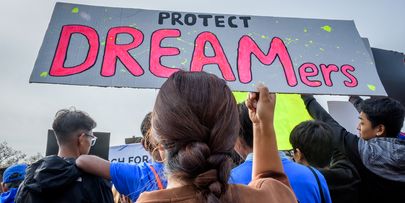

Sanaa Abrar serves as the Advocacy Director at United We Dream, the largest immigrant youth-led network in the nation. Sanaa leads the network in crafting federal and state and local policies and advocacy campaigns that are informed by the vision shared by immigrant youth across the country. She was born in Karachi, Pakistan, and immigrated with her mother at three months old to reunite with her father in the United States. She shares in the UWD vision of reaching out to other sisters of color who feel isolated and ostracized by their communities, to build together, organize and win.
-
 Princess Anne's Unexpected Suggestion About Mike Tindall's Nose
Princess Anne's Unexpected Suggestion About Mike Tindall's Nose"Princess Anne asked me if I'd have the surgery."
By Amy Mackelden Published
-
 Queen Elizabeth's "Disapproving" Royal Wedding Comment
Queen Elizabeth's "Disapproving" Royal Wedding CommentShe reportedly had lots of nice things to say, too.
By Amy Mackelden Published
-
 Palace Employees "Tried" to Get King Charles to "Slow Down"
Palace Employees "Tried" to Get King Charles to "Slow Down""Now he wants to do more and more and more. That's the problem."
By Amy Mackelden Published
-
 By Going Full "Trad Wife," Republicans Are Saying the Quiet Part Out Loud
By Going Full "Trad Wife," Republicans Are Saying the Quiet Part Out LoudSen. Katie Britt was picked to deliver the State of the Union rebuttal "as a housewife, not just a senator," one GOP lawmaker said.
By Danielle Campoamor Published
-
 36 Ways Women Still Aren't Equal to Men
36 Ways Women Still Aren't Equal to MenFeatures It's just one of the many ways women still aren't equal to men.
By Brooke Knappenberger Last updated
-
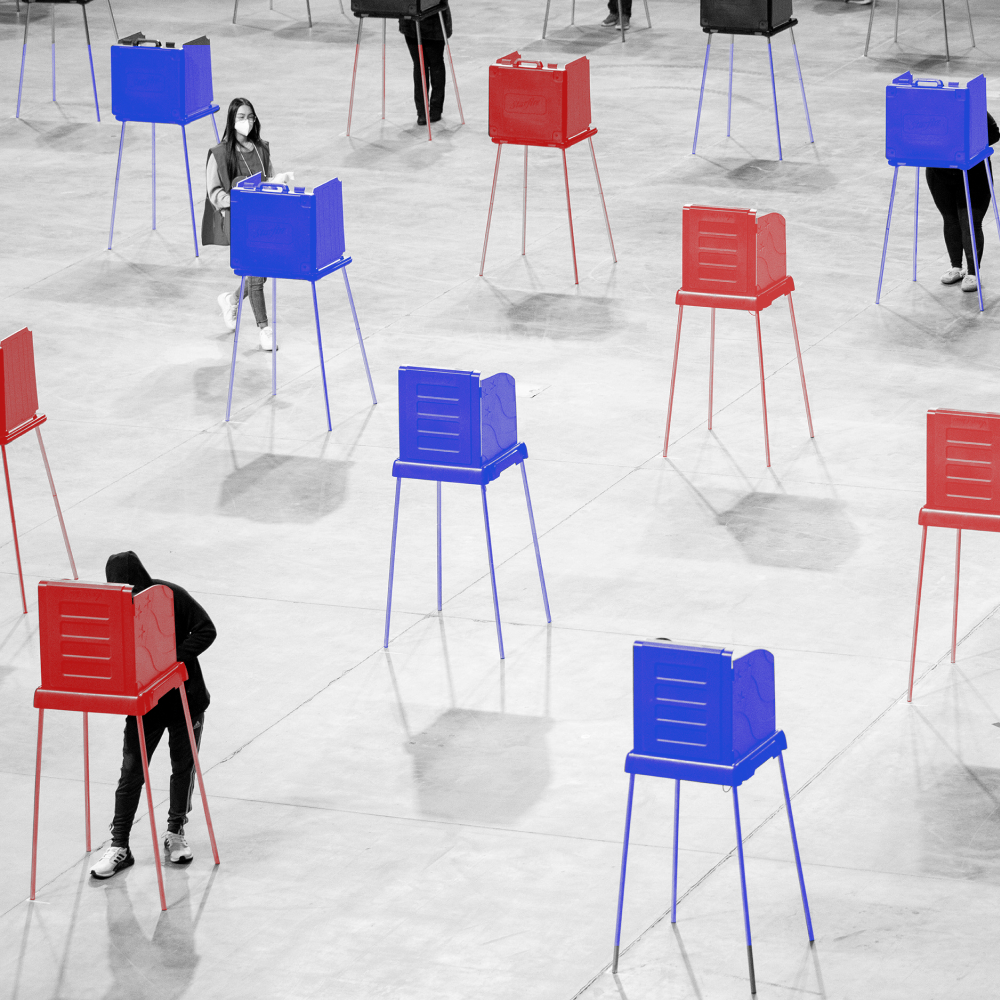 What's at Stake in the 2022 Midterm Elections
What's at Stake in the 2022 Midterm ElectionsWith abortion rights, democracy, and many more critical issues on the ballot, there’s no room for apathy this election cycle.
By Rachel Epstein Published
-
 This Bill Wants to Stop Anti-Abortion Groups From Getting Your Private Data. Period
This Bill Wants to Stop Anti-Abortion Groups From Getting Your Private Data. PeriodPost-Roe period tracking apps and search history suddenly have serious implications.
By Emily Tisch Sussman Published
-
 Current Gun Control Policies Are Ableist
Current Gun Control Policies Are Ableist"Solutions" like active shooter drills and arming more people put the rights of gun owners above the rights of America's most vulnerable, including disabled people like myself.
By Heather Tomko Published
-
 Sex Trafficking Victims Are Being Punished. A New Law Could Change That.
Sex Trafficking Victims Are Being Punished. A New Law Could Change That.Victims of sexual abuse are quietly criminalized. Sara's Law protects kids that fight back.
By Dr. Devin J. Buckley and Erin Regan Published
-
 Today, on Human Rights Day, the U.S. Must Abolish Child Marriage
Today, on Human Rights Day, the U.S. Must Abolish Child MarriageIn all but six states, American adults can marry people aged 17 and younger.
By Saryn Chorney Published
-
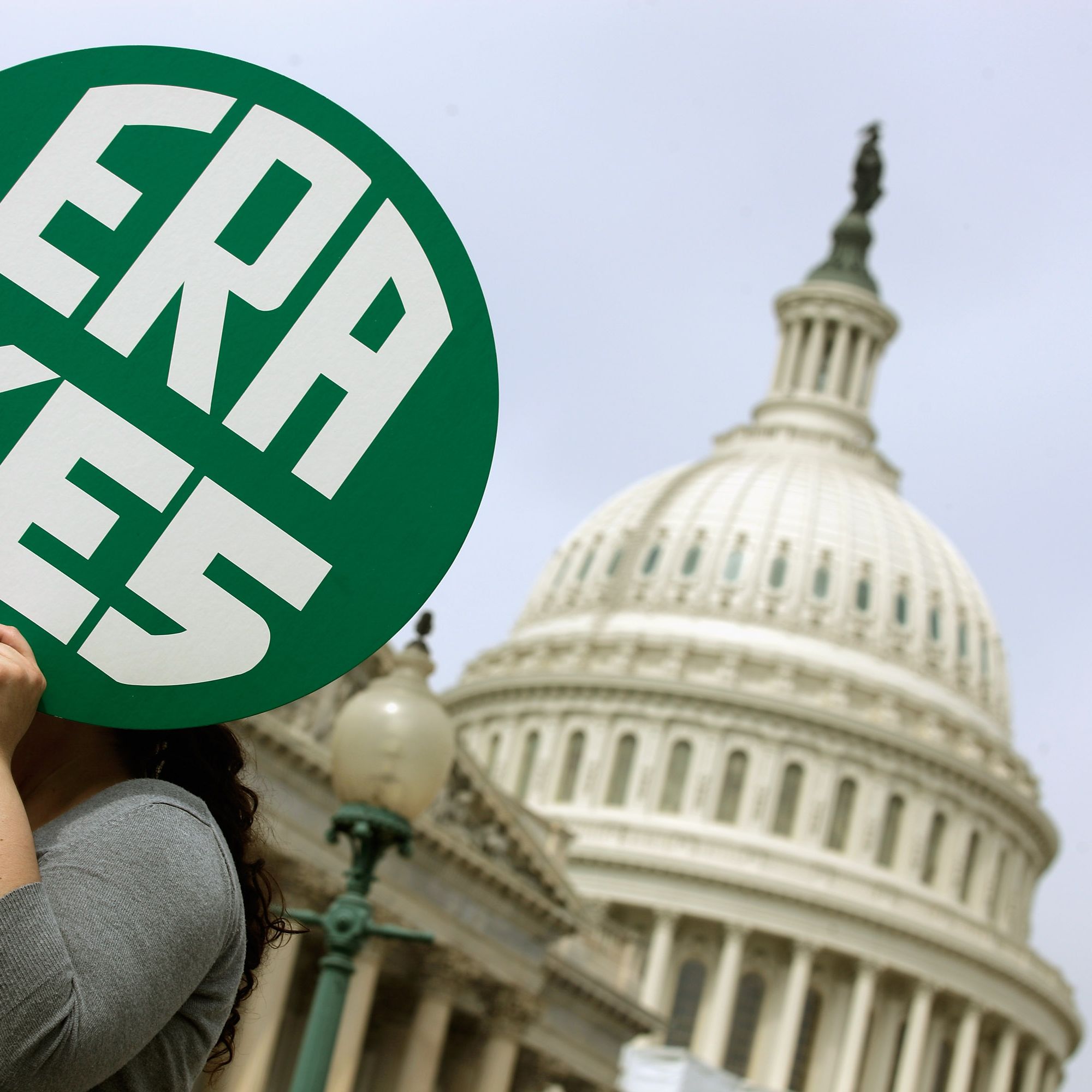 It’s Time to End Equal Pay Days and Pass the Equal Rights Amendment
It’s Time to End Equal Pay Days and Pass the Equal Rights AmendmentThe passage of the ERA is a chance for our country to prove it truly values women.
By Hala Ayala Published

